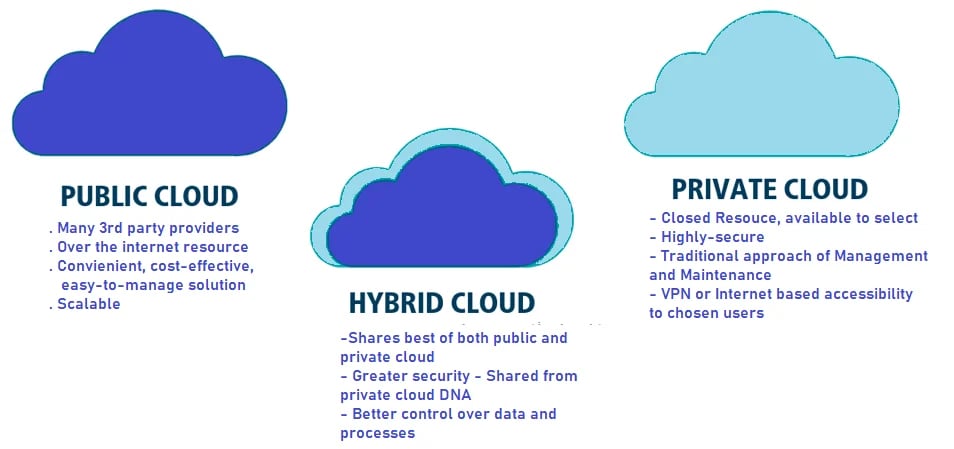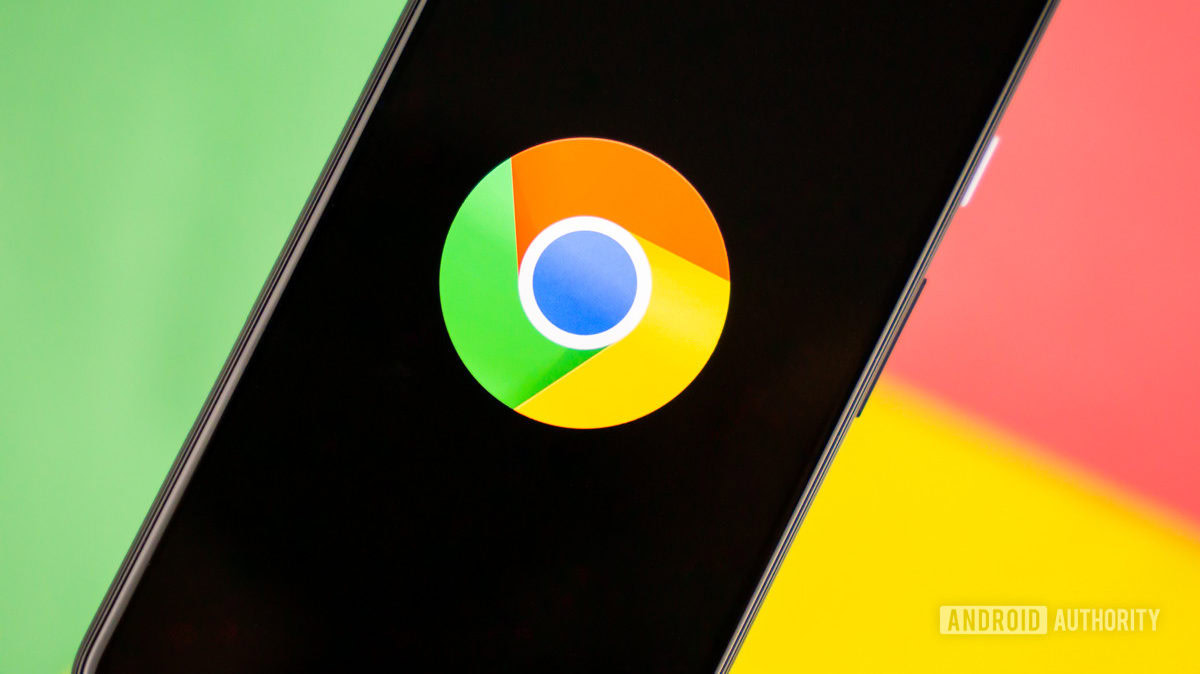Federal judge blocks the Florida social media “censorship” law championed by Gov. Ron DeSantis
[ad_1]
A federal appeals court has upheld a ruling that blocked a controversial Florida law aimed at prohibiting certain social media platforms from banning political candidates or “journalistic enterprises” from their services has been blocked. The law, which the state legislature passed last year and was largely seen as a response to perceived censorship of conservative politicians and media, was the first of its kind to be signed.
“We’re pleased the court ensured that social media can remain family-friendly by delaying Florida’s law from taking effect,” Steve DelBianco, president of NetChoice, an industry group that was one of the plaintiffs suing to overturn the law, said in a statement after the judge’s ruling last year. “This order protects private businesses against the state’s demand that social media carry user posts that are against their community standards.”
The law, which is called the Stop Social Media Censorship Act, was proposed by Gov. Ron DeSantis in January 2021, shortly after then-President Trump was banned or suspended from multiple social media platforms — most notably Twitter, Facebook, and YouTube — for encouraging the January 6 insurrection of the Capitol building. The law also came after years of unfounded complaints from conservatives that Big Tech companies unfairly moderate their speech, and after the failure of Trump’s own multi-pronged attack on Section 230, a federal law that allows online platforms to moderate user content how they see fit. Research, however, has shown that platforms do not discriminate against conservative content. If anything, they do the exact opposite.
The United States Court of Appeals for the 11th Circuit upheld the ruling in May 2022, saying that most of the Florida law was “substantially likely” to be a violation of social media platforms’ First Amendment rights. A few parts of the law were allowed to stand, including allowing banned users access to their data for at least 60 days, requiring platforms to publish “detailed definitions” of the standards it uses to censor or ban users, and requiring platforms to notify users of rule changes.
The Stop Social Media Censorship Act easily passed Florida’s Republican-majority House and Senate. DeSantis signed it into law in May 2021, a move he celebrated on the same social media platforms he claims are unfairly censoring conservative politicians and made such a law necessary.
Among other things, the law would have fined social media platforms $250,000 per day for banning candidates for statewide office, and $25,000 for candidates for lower offices, and allowed the state and individuals to sue platforms if they feel the law had been violated. Additionally, any content that was “by or about” a candidate could not be “shadow banned,” or hidden or suppressed from the view of other users. The law only applied to social media platforms that did business in the state (basically, had users in Florida) and had annual revenue of $100 million or at least 100 million monthly active users globally. Platforms owned by a company that also owned a theme park in the state were exempt.
Many experts said from the start that the law was on shaky legal ground. Industry groups that represent the Big Tech companies affected — NetChoice and the Computer & Communications Industry Association (CCIA) — sued the state to overturn the law a few days after DeSantis signed it, claiming that it violated those companies’ First and 14th Amendment rights and that content moderation was allowed under Section 230.
The plaintiffs requested a preliminary injunction preventing it from taking effect before a court could decide its constitutionality. Both sides argued their case in front of federal judge Robert Hinkle on June 28, 2021. Hinkle made little effort at the hearing to hide his disdain for the law, saying it was “poorly drafted” and questioning why it offered an exemption for companies that operated theme parks in Florida — a seemingly naked attempt to give the state’s biggest tourist attractions special treatment even though none of them own social media platforms that the law would apply to.
So it wasn’t much of a surprise when Hinkle granted the plaintiff’s request for a preliminary injunction, saying that the law was “an effort to rein in social media providers deemed too large and too liberal” and “not a legitimate government interest.” It was also discriminatory and potentially violated the First Amendment free speech rights of Big Tech platforms, as it did not apply to the smaller platforms or any platforms owned by a company with a theme park in Florida.
“Discrimination between speakers is often a tell for content discrimination,” Hinkle wrote. That is, a law supposedly designed to prevent content discrimination may itself be practicing content discrimination.
Finally, the judge said the law “expressly” violated Section 230, which allows for platforms to moderate content and says no state may make a law that is inconsistent with Section 230.
The plaintiffs were pleased with the Court of Appeals’ decision.
“This ruling means platforms cannot be forced by the government to disseminate vile, abusive and extremist content under penalty of law. This is good news for internet users, the First Amendment and free speech in a democracy,” CCIA president Matt Schruers said in a statement.
Florida can now either ask for the full panel of 11th Circuit judges to review the decision, appeal to the Supreme Court, or drop the matter.
“The Court’s central holding that social media platforms are similar to newspapers and parades, rather than common carriers that transmit others’ messages, is stupefying,” Gov. DeSantis’s office said in a statement, adding that the state was looking at options for appeal. “We will continue to fight big tech censorship and protect the First Amendment rights of Floridians.”
The Supreme Court is currently considering whether to block a similar state law from Texas.
Regardless of what ultimately happens to DeSantis’s law, he got to take his shot at Big Tech and repeat unfounded claims popular with many in the Republican Party — and in the process, he gained political capital for his anticipated 2024 presidential run.
Update, May 24, 2022: Updated to include the Court of Appeals’ decision in the social media case.
[ad_2]
Source link






